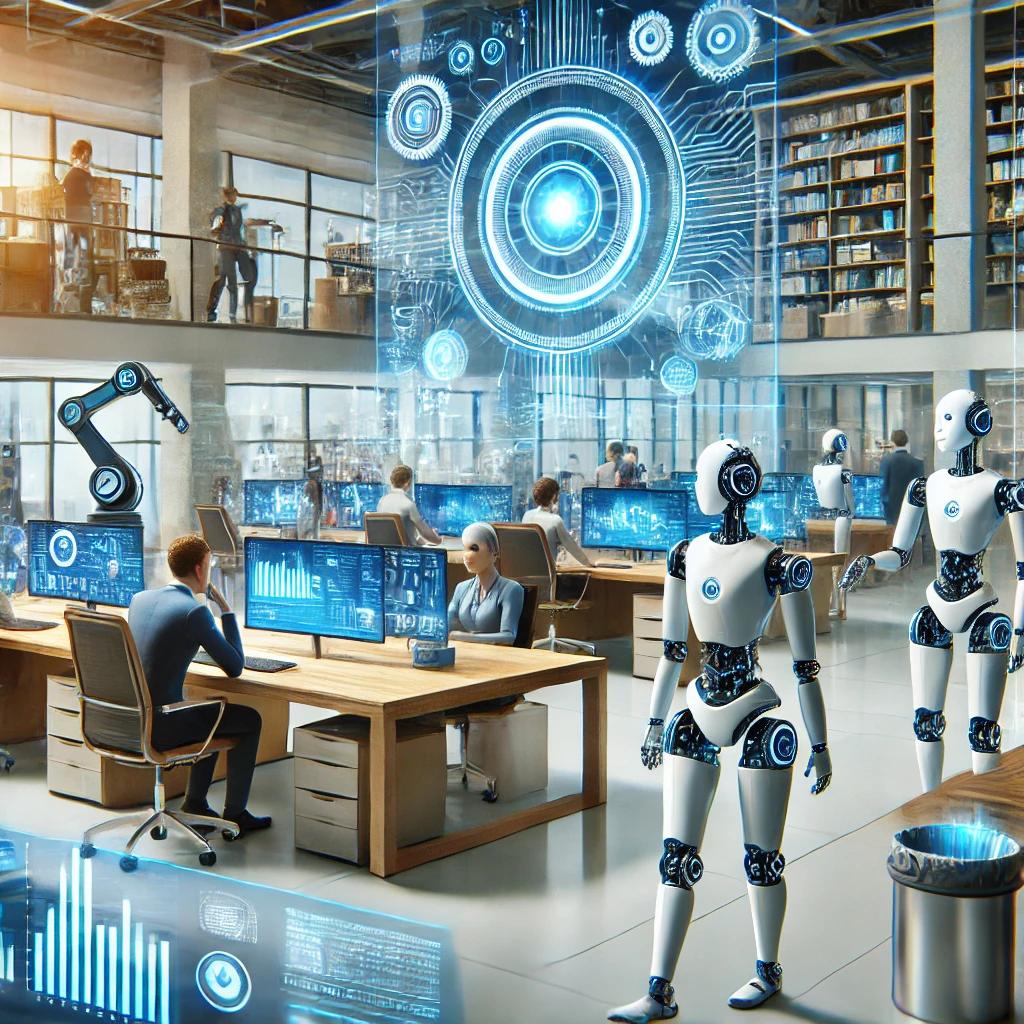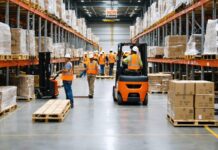
Automation is rapidly transforming the job market, introducing both challenges and opportunities. As machines become increasingly capable of performing tasks once thought to be exclusive to human workers, it is crucial to understand the implications and prepare for the future.
Potential Job Losses
Automation has the potential to displace workers in certain industries and job roles. Tasks that are repetitive, routine, or easily defined can be automated, leading to job losses in sectors such as manufacturing, transportation, and customer service.
New Career Opportunities
While automation may eliminate some jobs, it is also creating new opportunities. As technology advances, there is a growing demand for workers with skills in areas such as data science, artificial intelligence, robotics, and cybersecurity. These emerging fields offer exciting career prospects for those who are willing to adapt and learn new skills.
Reskilling and Upskilling
To remain competitive in the automated workplace, individuals will need to invest in reskilling and upskilling. This involves acquiring new knowledge and skills to adapt to the changing job market. Continuous learning and development will be essential for navigating the future of work.
Strategies for Individuals
- Identify transferable skills: Assess your existing skills and identify how they can be applied to new roles and industries.
- Invest in education and training: Pursue relevant education and training programs to acquire new skills and knowledge.
- Network and build relationships: Cultivate a strong professional network to stay informed about emerging trends and opportunities.
- Embrace lifelong learning: Develop a mindset of continuous learning and be open to acquiring new skills throughout your career.
Strategies for Businesses
- Invest in technology: Embrace automation and invest in technologies that can improve efficiency and productivity.
- Reskill and upskill employees: Provide opportunities for employees to develop new skills and adapt to changing roles.
- Foster a culture of innovation: Encourage a culture of experimentation and innovation to drive growth and competitiveness.
- Collaborate with educational institutions: Partner with schools and universities to develop relevant training programs and talent pipelines.
The Future of Work
The future of work is likely to be characterized by a blend of human and machine capabilities. While automation will undoubtedly lead to changes in the job market, it also presents opportunities for individuals and businesses to thrive. By embracing lifelong learning, developing new skills, and adapting to the changing landscape, we can navigate the challenges and reap the rewards of the automated future.










